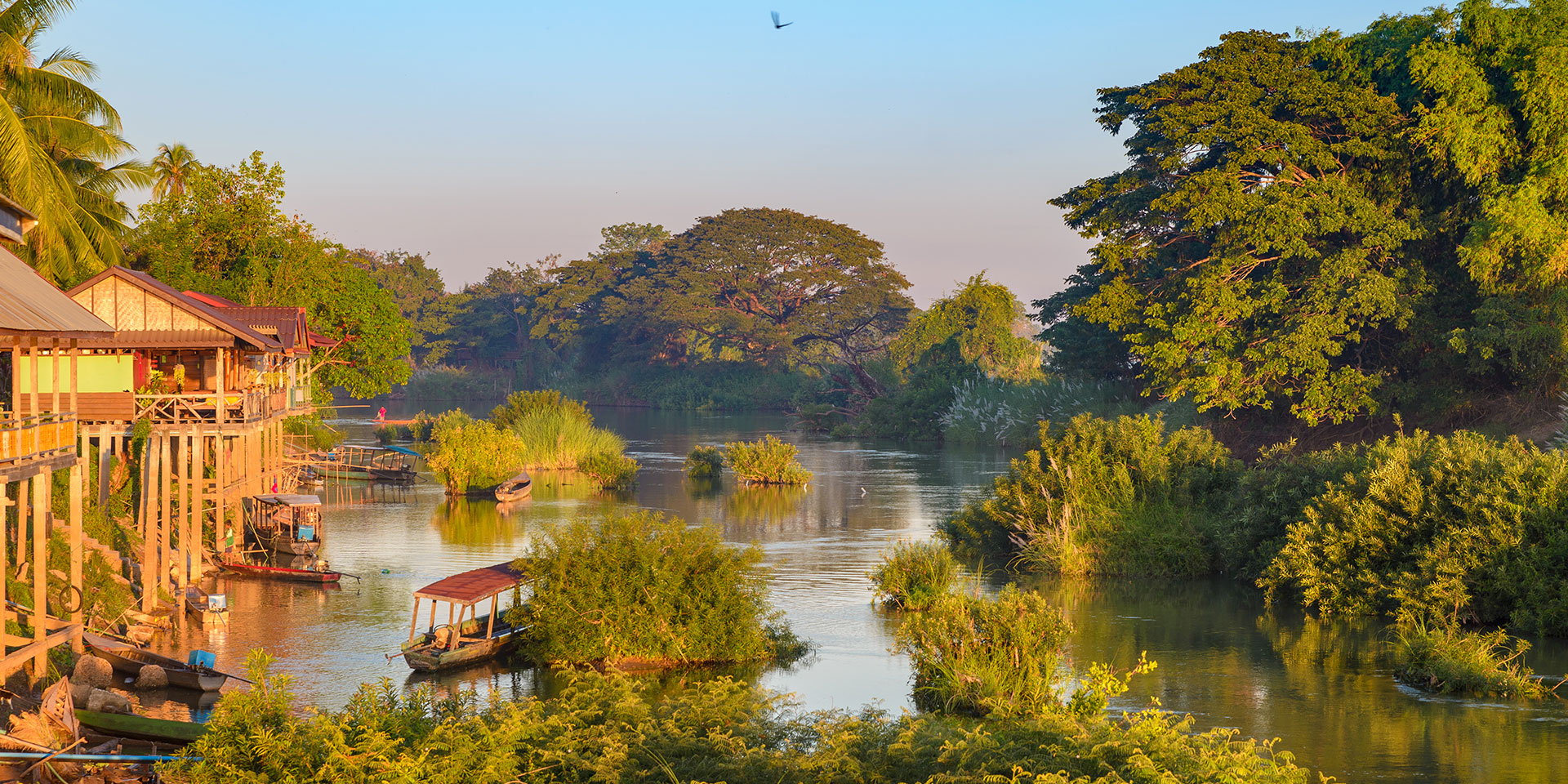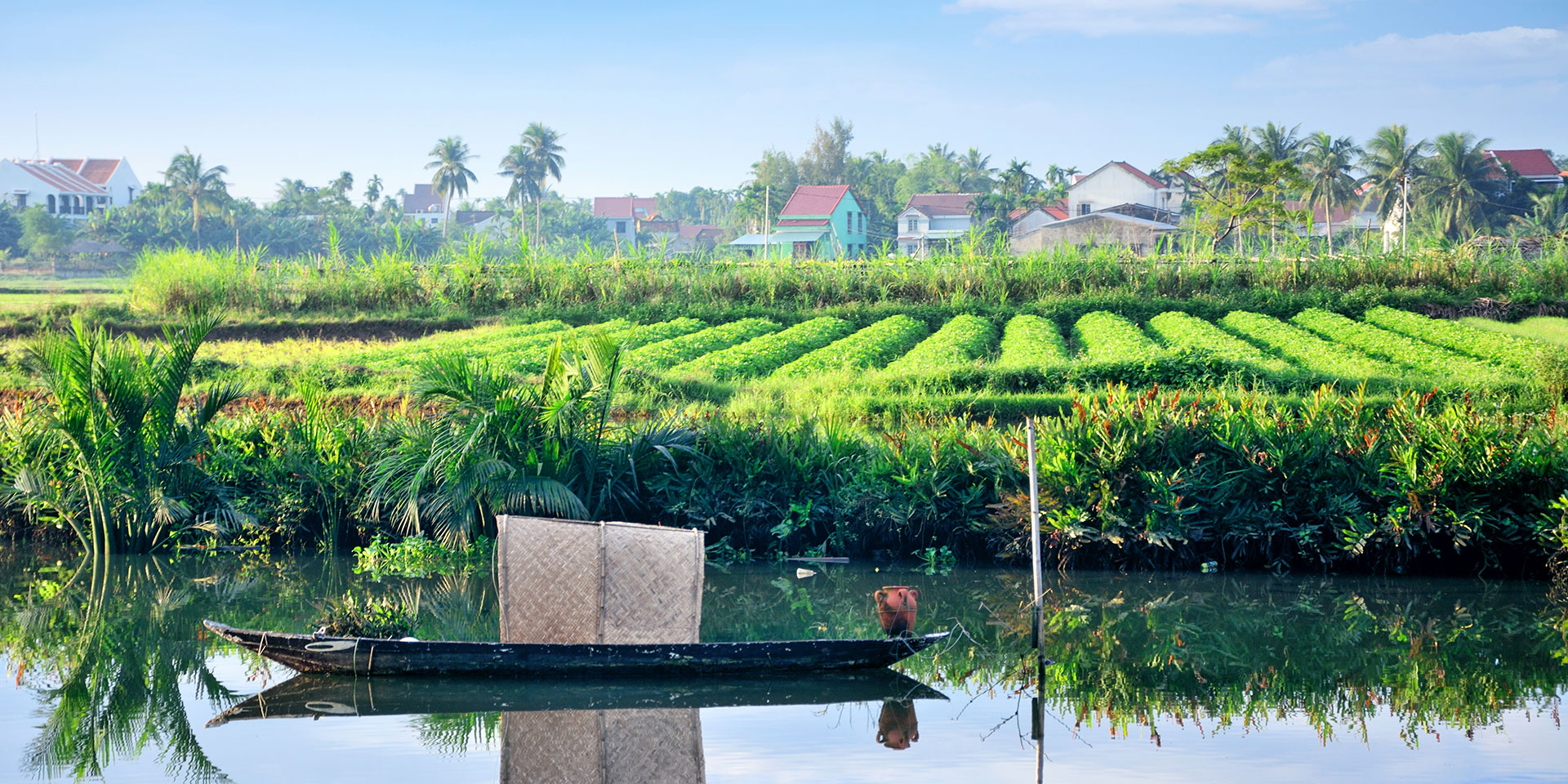Land Dispossession and Indigenous Livelihoods in Myanmar
Leo Baldiga • 1 Feb 2020
Despite Aung San Suu Kyi's pledges to protect farmers, land grabbing continues to displace indigenous livelihoods across the nation.
In Myanmar, land grabbing has long been a tactic used by the military junta government, and the colonial power before them to label land tenured by indigenous minority communities as 'wasteland' as a means of dispossessing them of their livelihoods and intimidating pro-democracy activists.
In 2012, the Myanmar Government under former general Thein Sein passed the Vacant, Fallow and Virgin (VFV) Lands Management Law which criminalizes farmers who use land without official tenure. Under the Military Junta, this law has been used to dispossess farmers of their land for corporate owned plantations, large scale industrial agriculture and manufacturing, and military use.
So when Daw Aung San Suu Kyi and her National League for Democracy (NLD) ran on a platform promising to protect farmers rights in 2015, the country's first free general elections since independence from colonial rule, many of the country's rural poor, whom constitute about 70% of the population, voted for her in hopes that she might bring them justice.
However, in September 2018, Myanmar's NLD controlled Parliament passed an amendment to the VFV that strengthened its powers, rather than weakening them. The amended law imposes a two-year prison sentence on anyone found in violation of the law, which would go into effect on March 11, 2019. This forced millions of farmers, most of whom were unaware of such a law and do not speak Burmese as their first language, to undertake registering their land in the following 6 months. Unsurprisingly, this expansion of the powers of state was met by protests and petitions from civil society groups and was immediately denounced by the Karen National Union (KNU), a prominent ethnic armed group that until recently, had withdrawn from official peace talks under the nationwide ceasefire agreement.
Below are a few cases of how development, foreign investiture and the VFV law and its implementation have affected traditional livelihoods across Myanmar in the recent past. This has the potential to give us a look what the future may hold for the impacts of economic development on indigenous peoples and traditional livelihoods in Myanmar.


